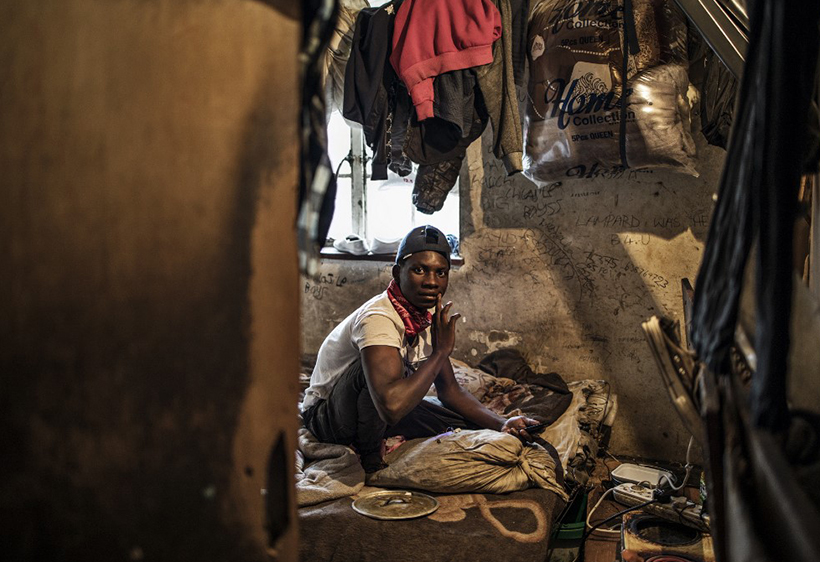South Africa’s Africa agenda has always been central to its foreign policy. However, the pandemic has again exposed some of the contradictions within its implementation, as the effectiveness of this policy is determined not only by the government’s pronouncements on its commitment to the continent but also by its actions both inside and outside the country. When South African President Cyril Ramaphosa assumed the chairmanship of the AU for 2020, he announced the country’s priorities for the continent as part of the ‘African Decade of Action’.1 In his speech, the president outlined the steps that would be taken to implement the African Continental Free Trade Agreement (AfCFTA) to ensure free trade, the ‘Silencing the Guns’ agenda to end conflict on the continent, and the African Peer Review Mechanism to ensure governance and accountability.2 South Africa’s decisive stewardship of the AU this year has been exemplary in pivoting the continent to responding swiftly and comprehensively to the pandemic. While COVID-19 impacted the implementation of the AfCFTA and ‘Silencing the Guns’, South Africa’s response to the pandemic has been a triumph of its commitment to multilateralism. However, persistent xenophobia threatens this, as the pandemic has accentuated South Africa’s deep cleavages. African migrants in South Africa continue to experience institutionalised xenophobia and live in constant fear of a resurgence of victimisation and violence as poverty and hunger worsen.

